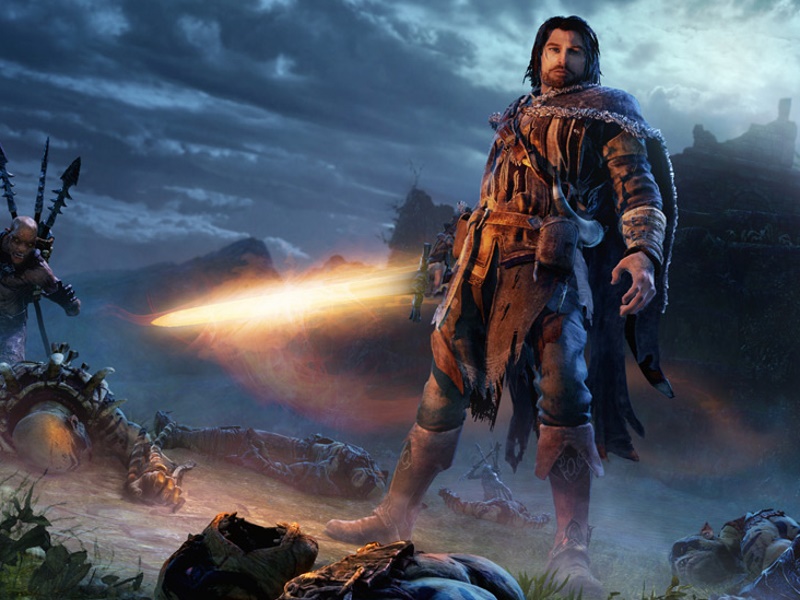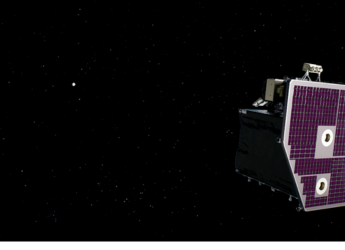- Home
- Games
- Games News
- US FTC Cracks Down on Warner Bros for Sponsored YouTube Game Reviews
US FTC Cracks Down on Warner Bros for Sponsored YouTube Game Reviews

The Federal Trade Commission announced Monday that it has reached a settlement with Warner Bros. Home Entertainment over what the agency deemed a deceptive marketing campaign for the 2014 game "Middle Earth: Shadow of Mordor," which involved major payoffs to big names in the world of YouTube gaming in exchange for positive coverage.
Warner Bros., the FTC alleges, paid popular YouTubers tens of thousands of dollars to promote the game via a campaign managed by advertising company Plaid Social Labs. The blitz included a sponsored gameplay video from PewDiePie - one of the biggest names on YouTube. PewDiePie's video alone has attracted more than 3.7 million views to date.
Warner Bros. gave YouTubers strict instructions to say only positive things about the game and stay silent about bugs they encountered, according to the FTC. Its contracts with the vloggers also demanded preapproval of the videos, the agency alleges.
But the company didn't make the YouTubers disclose that they were paid to promote the game in their actual videos, where viewers would actually see them, according to the FTC. Instead, it told them to include a disclosure in the video description, but below a lot of other information that pushed "the vast majority" of the sponsorship disclosures down so far that they could be seen only if a viewer hit a "Show More" button.
Because of that placement, the disclosures also didn't show up when the YouTubers shared their videos on Twitter or Facebook - social media promotion the company also required them to do, according to the FTC. And in some cases, the disclosures included way down in the descriptions of videos revealed only that a YouTuber had received a free early copy of the game, not that they'd been paid cash to make what was essentially an ad, the FTC alleges.
Under the settlement agreement, Warner Bros. will be barred from carrying out that sort of campaign in the future without more prominent disclosures.
"Consumers have the right to know if reviewers are providing their own opinions or paid sales pitches," said Jessica Rich, director of the FTC's Bureau of Consumer Protection, in a press release. Warner Bros. did not immediately respond to a request for comment on the settlement.
The FTC has long had guidelines for how people should disclose when they have been paid to endorse a product online, but this settlement marks the first time the agency has brought an enforcement action in the online video sponsorship market. Given the major push towards livestreaming from social media giants like Facebook and Twitter, it probably won't be its last.
© 2016 The Washington Post
For details of the latest launches and news from Samsung, Xiaomi, Realme, OnePlus, Oppo and other companies at the Mobile World Congress in Barcelona, visit our MWC 2026 hub.
Related Stories
- Samsung Galaxy Unpacked 2026
- iPhone 17 Pro Max
- ChatGPT
- iOS 26
- Laptop Under 50000
- Smartwatch Under 10000
- Apple Vision Pro
- Oneplus 12
- OnePlus Nord CE 3 Lite 5G
- iPhone 13
- Xiaomi 14 Pro
- Oppo Find N3
- Tecno Spark Go (2023)
- Realme V30
- Best Phones Under 25000
- Samsung Galaxy S24 Series
- Cryptocurrency
- iQoo 12
- Samsung Galaxy S24 Ultra
- Giottus
- Samsung Galaxy Z Flip 5
- Apple 'Scary Fast'
- Housefull 5
- GoPro Hero 12 Black Review
- Invincible Season 2
- JioGlass
- HD Ready TV
- Latest Mobile Phones
- Compare Phones
- Vivo X300 FE
- Tecno Pop X
- Apple iPhone 17e
- AI+ Pulse 2
- Motorola Razr Fold
- Honor Magic V6
- Leica Leitzphone
- Samsung Galaxy S26+
- MacBook Neo
- MacBook Pro 16-Inch (M5 Max, 2026)
- Tecno Megapad 2
- Apple iPad Air 13-Inch (2026) Wi-Fi + Cellular
- Tecno Watch GT 1S
- Huawei Watch GT Runner 2
- Xiaomi QLED TV X Pro 75
- Haier H5E Series
- Asus ROG Ally
- Nintendo Switch Lite
- Haier 1.6 Ton 5 Star Inverter Split AC (HSU19G-MZAID5BN-INV)
- Haier 1.6 Ton 5 Star Inverter Split AC (HSU19G-MZAIM5BN-INV)
















